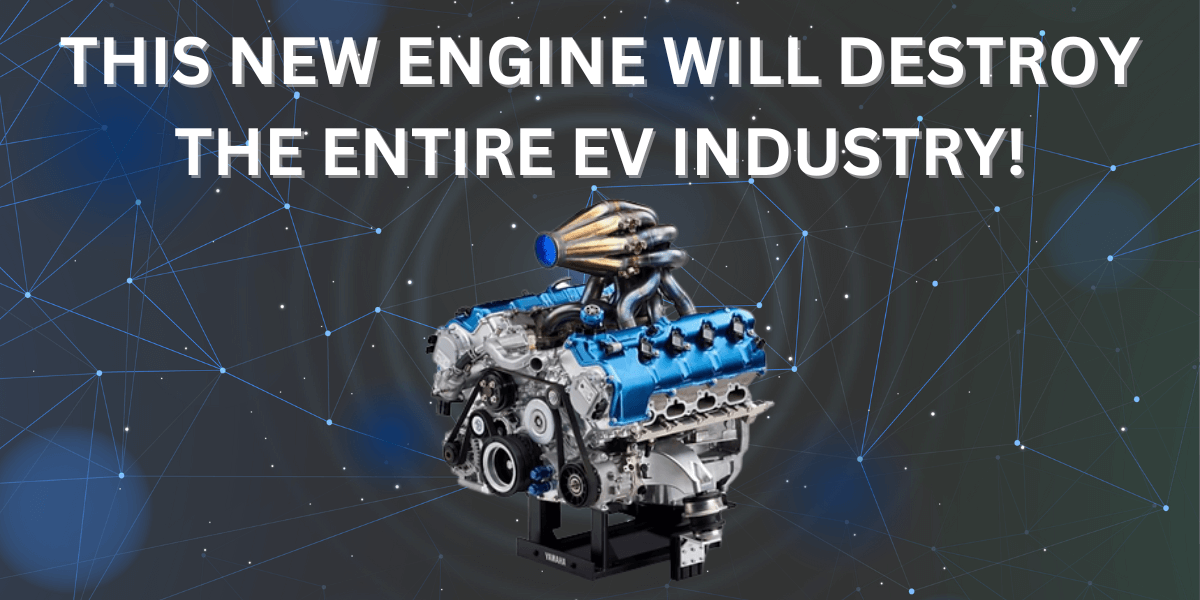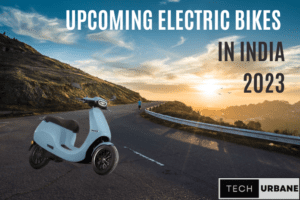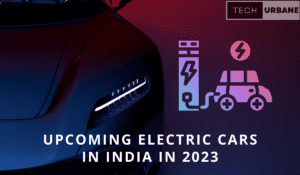Toyota CEO: “This New Engine Will Destroy The Entire EV Industry!”
Toyota is cooking up something new in their garage! And it’s not just any ordinary vehicle. We’re talking about a brand-new, revolutionary hydrogen vehicle! So, you may have heard about the Mirai, the hydrogen-powered Toyota vehicle that uses fuel cells to generate electricity. But now, Toyota has come up with something completely different. They’re calling it the new hydrogen combustion engine.


EVs are definitely gaining popularity but they’re not the only solution. In the hydrogen combustion engine we use hydrogen and hydrogen is the most abundant element in the universe and has the highest specific energy density of any non-nuclear power source it’s exhaust-free and non-toxic and can be created using many sources stored indefinitely and shipped relatively quickly millions of tons of hydrogen are produced and used without incident every year and it’s already being used as a power source in buildings electric cars forklifts ships and trains so what’s the deal with hydrogen engines.
Well, they have longer ranges and don’t need to be recharged like electric cars and the only product that comes out of the exhaust pipe is water that’s right no harmful pollutants.
Now you might be wondering how it all works all hydrogen engines use a fuel cell that converts hydrogen into electricity it’s like magic but with science and did you know Toyota began cutting down on fossil fuel-powered vehicles back in ninety ninety-seven when it first rolled out the Price they’ve been on the eco-friendly train for a while now but they’re not the only ones automakers all over the world are working to create environmentally friendly cars.
Using solar energy, electrical energy, and hydrogen power it’s not just about saving the planet it’s about providing energy security improving air quality, and minimizing environmental impact, and once produced hydrogen is also efficient and cost-effective to distribute most new vehicle hydrogen refueling stations create hydrogen on-site with electrolysis using one hundred percent renewable surplus energy and the best part these stations are containerized and only require water and power to operate power is supplied on green tariffs or at some stations is sourced directly from solar or wind on site.
Toyota has now claimed to have created a new way of harnessing the power of hydrogen. Their engineering team recently showed off the Carolla cross h two concept a new prototype with a hydrogen combustion engine.


Toyota has been working on a new car with a hydrogen combustion engine different from the fuel cell technology that powers its last hydrogen-powered car the Toyota Mirai the concept of powering an internal combustion engine with hydrogen is not new.


https://www.popsci.com/how-hydrogen-vehicles-work/
One of the pioneers in the game was German automaker BMW which introduced the seven fifty back in two thousand and two followed by the hydrogen seven in two thousand and five BMW’s hydrogen seven was based on a traditional gasoline-powered six-liter v twelve but with some modifications to burn hydrogen as well as gasoline it’s a dual fuel engine and to make it even more relaxed only one hundred of these bad boys were ever produced but it had some of the worst downsides for starters.
Toyota has been a pioneer in hybrid vehicle technology with their successful Prius lineup. They have also invested in fuel cell technology and have produced vehicles like the Toyota Mirai.
While traditional internal combustion engines (ICE) still dominate the automotive industry, the global shift toward electric vehicles is driven by several factors, including environmental concerns, government regulations, advances in battery technology, and increasing consumer demand. The EV industry has been rapidly growing, with major automakers investing heavily in electric vehicle development and production.
It’s important to recognize that the automotive industry is dynamic and subject to constant innovation and competition. While new engine technologies can certainly influence the market, it would require significant advancements and compelling benefits to disrupt the ongoing transition toward electric vehicles.
It’s highly flammable so you might want to think twice before lighting a match anywhere near your hydrogen-powered car it’s also difficult to process




